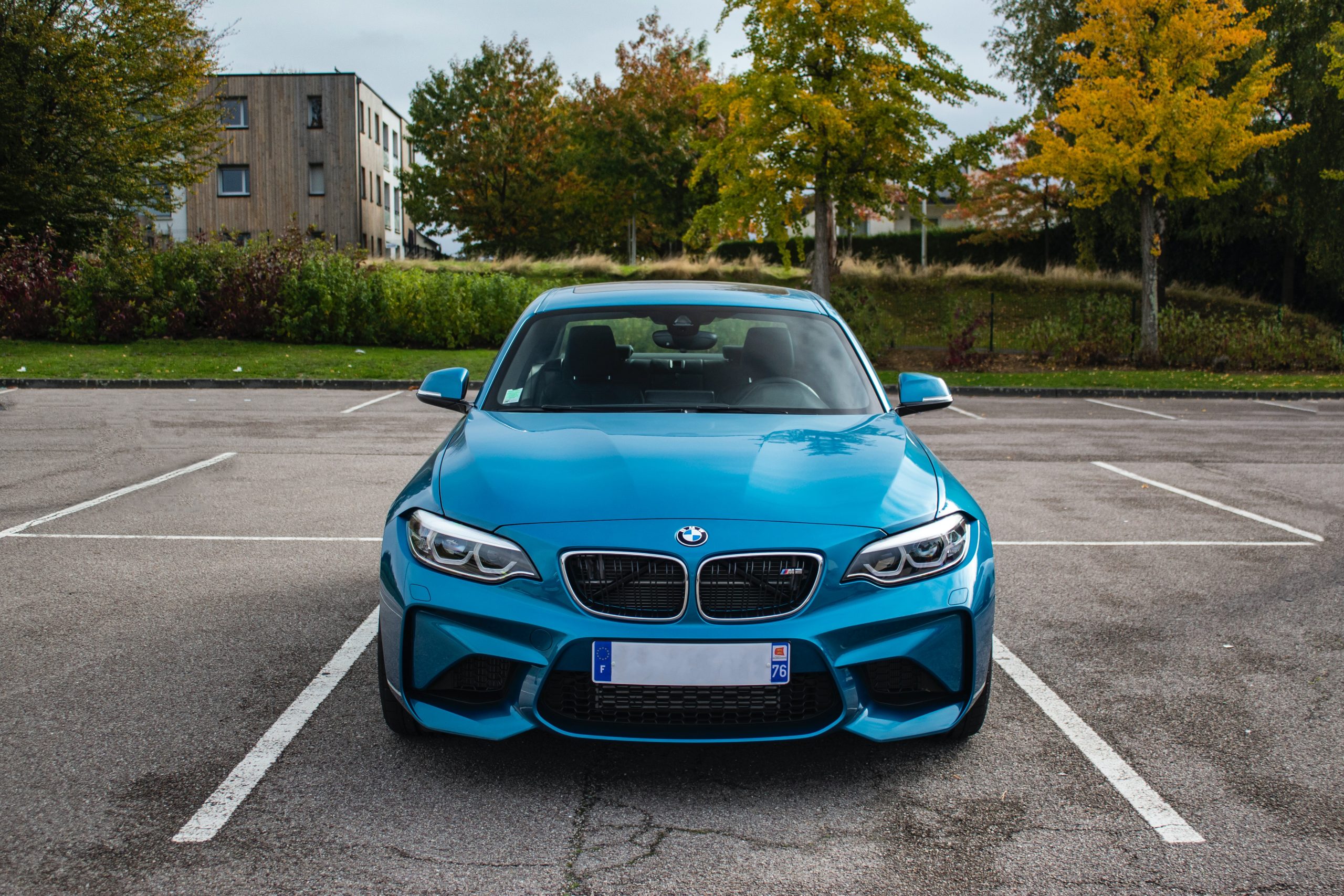Despite the challenges posed by the pandemic, the Indian auto industry has managed to bounce back, with sales figures surpassing pre-pandemic levels. According to data from the Society of Indian Automobile Manufacturers (SIAM), passenger vehicle sales in March 2021 were up by 28% compared to the same period in 2019.
The increase in demand has been a boon for car dealerships across the country, with many reporting record sales figures in recent months. Dealerships have been offering attractive financing options, cashback offers, and other incentives to entice buyers and make the purchase process more accessible.
“We have seen a significant increase in demand for personal vehicles since the start of the pandemic,” says Rahul Sharma, the owner of a car dealership in New Delhi. “Consumers are looking for a safe and reliable mode of transportation, and are willing to invest in personal vehicles to meet their needs.”
The surge in demand has been driven by a range of factors, including a preference for private transport amid the pandemic, rising disposable incomes, and the availability of low-cost financing options. Many consumers have also been using their savings from reduced travel and entertainment expenses during lockdowns to make car purchases.
Dealerships have also been adapting to the changing needs of consumers by offering more online and contactless services, such as virtual tours and home delivery options. This has made the car buying process more convenient and accessible for consumers, particularly those who are still wary of visiting physical dealerships due to the pandemic.
However, the industry still faces a number of challenges, including supply chain disruptions, rising commodity prices, and the shortage of semiconductor chips. This has led to production delays and has affected the availability of certain models in the market.
“The shortage of semiconductor chips has been a major challenge for the industry, as it has affected production and led to delays in deliveries,” says Sharma. “However, we are working closely with manufacturers to manage the situation and ensure that customers receive their vehicles as soon as possible.”
Moreover, the rising cost of raw materials such as steel and copper has led to a rise in vehicle prices, which could potentially impact consumer demand for new cars in the coming months.
Despite these challenges, the Indian auto industry remains optimistic about its future prospects. The government’s push towards electric mobility, and the introduction of incentives and subsidies to encourage the production and sale of electric vehicles, is expected to be a key driver for the growth of the sector.
The industry is also expected to benefit from increasing urbanization and rising disposable incomes, which are likely to drive demand for personal vehicles in the coming years.
Overall, the resurgence of the Indian auto industry is a testament to the resilience and adaptability of the sector, and its ability to overcome challenges and bounce back stronger. As the country continues to recover from the pandemic, the auto industry is likely to play a crucial role in driving economic growth and development.




